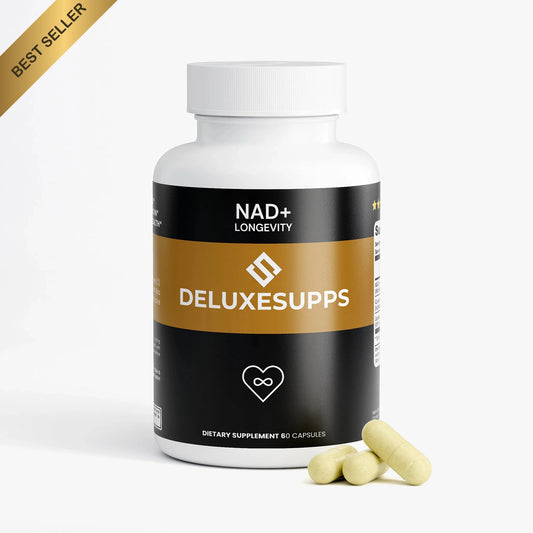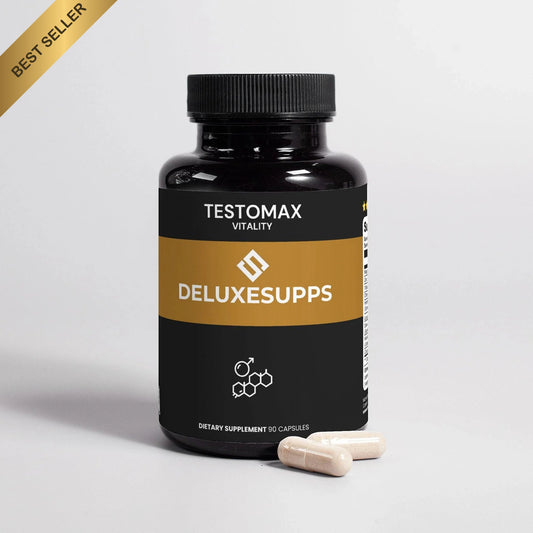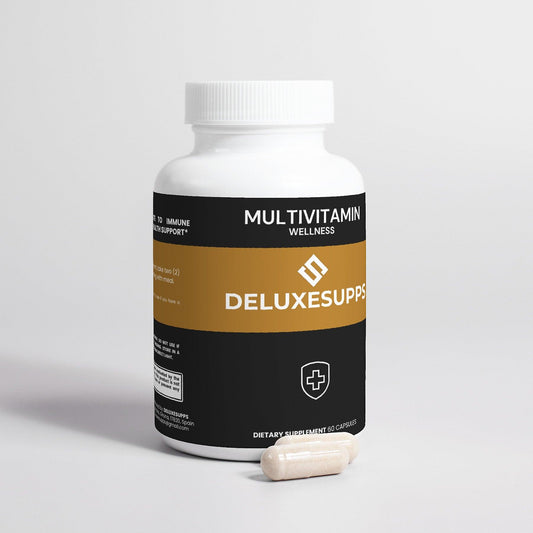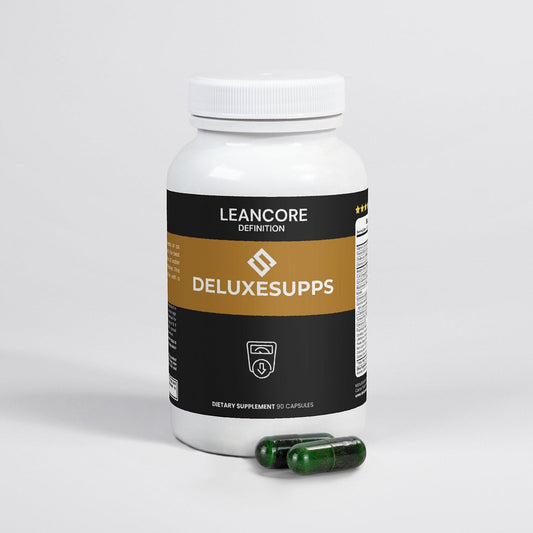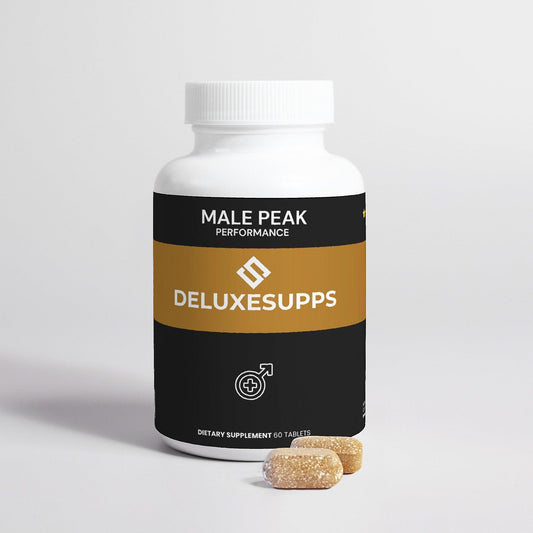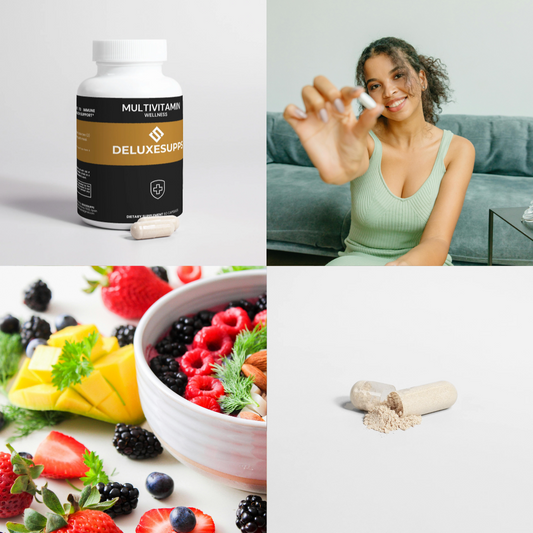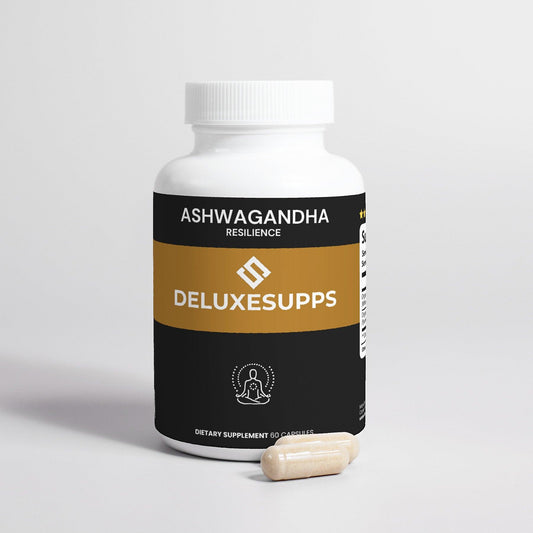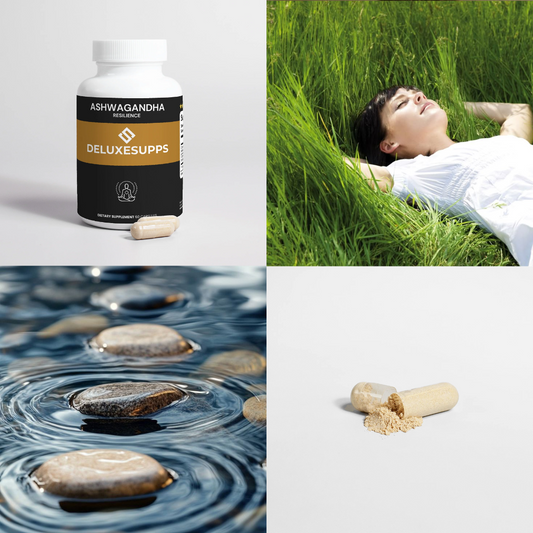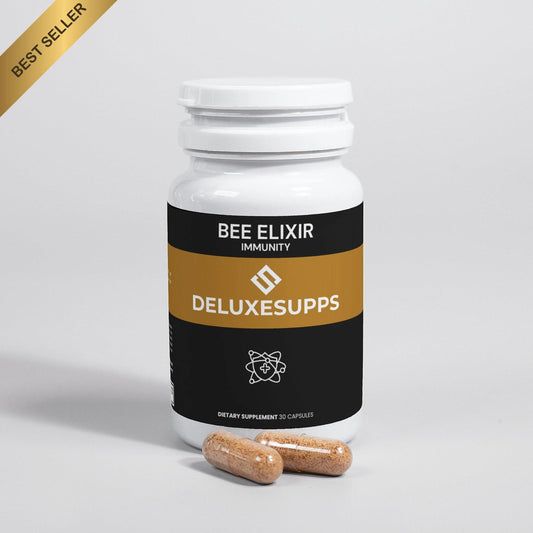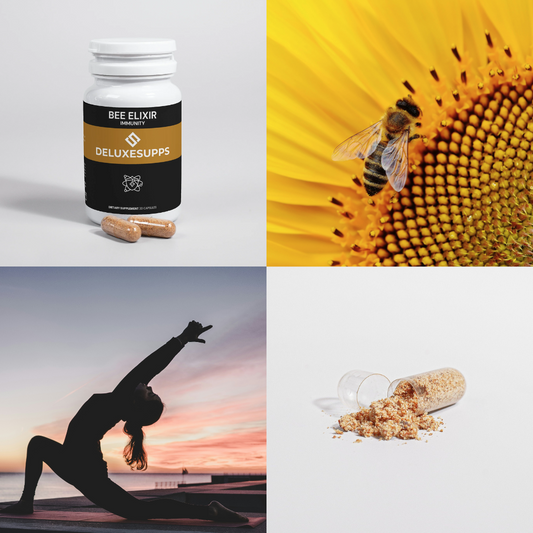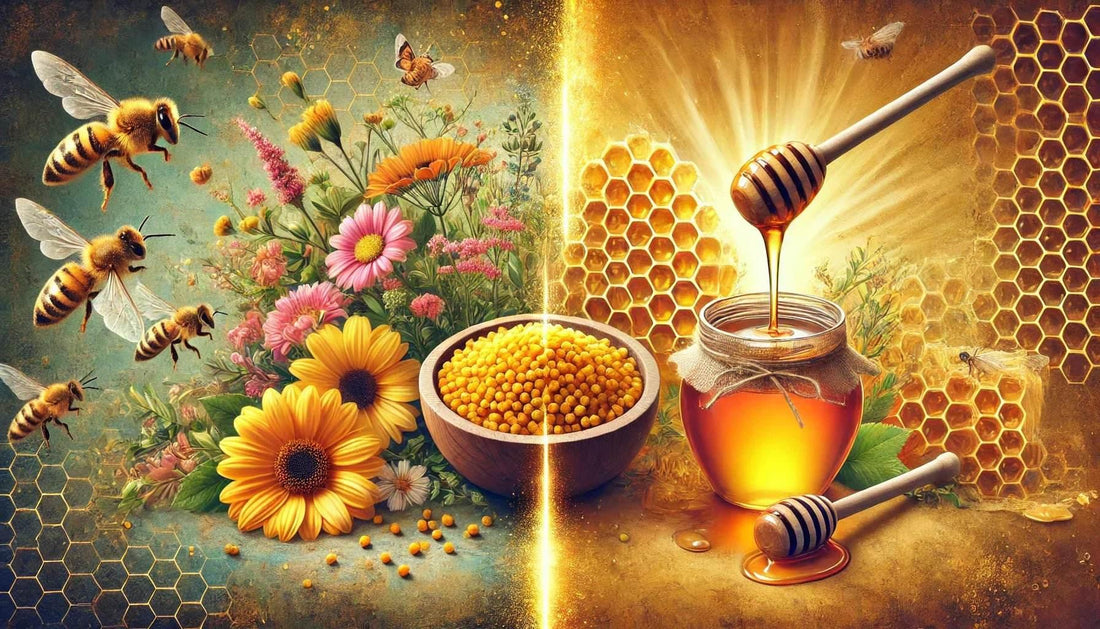Bee pollen and honey are two natural products that have been celebrated for their health benefits for centuries. While both come from the same source—bees—they serve different purposes and offer unique advantages. If you’ve ever wondered how bee pollen and honey compare, this article will break down their key differences, benefits, and how to choose the right one for your needs.
1. What Is Bee Pollen?
Bee pollen is a mixture of flower pollen, nectar, bee saliva, and enzymes collected by honeybees. It comes in the form of small, colorful granules packed with nutrients like:
- Proteins: Over 40% of bee pollen is protein, including essential amino acids.
- Vitamins and Minerals: Rich in B vitamins, vitamin C, vitamin E, zinc, magnesium, and more.
- Antioxidants: Contains flavonoids and phenolic acids that combat free radicals.
- Enzymes: Support digestion and nutrient absorption.
Uses of Bee Pollen:
- Boosting energy and stamina
- Supporting the immune system
- Reducing inflammation
- Promoting overall wellness
2. What Is Honey?
Honey is a sweet, viscous liquid made by bees using flower nectar. The nectar is processed by bees, mixed with enzymes, and stored in honeycombs where it matures into honey. It contains:
- Natural Sugars: Glucose and fructose provide quick energy.
- Trace Minerals: Small amounts of potassium, calcium, and iron.
- Antioxidants: Includes phenolic compounds that protect against oxidative stress.
- Enzymes: Aid in digestion and have antibacterial properties.
Uses of Honey:
- A natural sweetener for drinks and recipes
- Soothing sore throats
- Healing wounds and burns
- Providing quick energy during workouts
3. Key Differences Between Bee Pollen and Honey
| Aspect | Bee Pollen | Honey |
|---|---|---|
| Source | Collected as granules from flowers | Made from flower nectar |
| Taste | Mildly sweet, nutty, and earthy | Sweet and syrupy |
| Nutritional Value | High in protein, vitamins, and enzymes | Rich in natural sugars and antioxidants |
| Health Benefits | Energy, immunity, inflammation relief | Soothing, wound healing, quick energy |
| Calories | Low-calorie option | Higher calorie content |
4. Benefits of Bee Pollen vs. Honey
A. Nutritional Density
- Winner: Bee Pollen Bee pollen is a more nutrient-dense option, offering protein, vitamins, minerals, and antioxidants in higher concentrations than honey.
B. Energy Boost
- Winner: Honey Honey provides an immediate energy boost due to its natural sugars, making it ideal for athletes or a quick pick-me-up.
C. Immune Support
- Tie Both bee pollen and honey support the immune system. Bee pollen strengthens immunity with its nutrients and antioxidants, while honey has antimicrobial properties that help fight infections.
D. Skin Benefits
- Winner: Honey Honey’s antibacterial and moisturizing properties make it a popular ingredient in skincare for healing wounds and hydrating the skin.
E. Digestion
- Tie Both bee pollen and honey contain enzymes that aid digestion. Bee pollen promotes gut health as a prebiotic, while honey soothes the stomach and supports digestion.
5. How to Choose Between Bee Pollen and Honey
The right choice depends on your goals and preferences:
-
Choose Bee Pollen If You:
- Want a protein-rich supplement for energy and muscle recovery
- Are looking for a nutrient-packed superfood
- Need support for inflammation or overall wellness
-
Choose Honey If You:
- Need a quick energy source
- Want a natural sweetener for your meals
- Are looking for soothing relief for sore throats or burns
6. Can You Use Both Together?
Absolutely! Bee pollen and honey complement each other and can be used together for enhanced benefits. Here are some ideas:
- Smoothies: Blend honey and bee pollen into your favorite smoothie for a nutrient boost.
- Breakfast Bowls: Drizzle honey over yogurt or oatmeal and sprinkle with bee pollen.
- Tea: Stir honey into your tea and add a pinch of bee pollen for an immunity-boosting drink.
7. Are There Any Risks?
While both bee pollen and honey are generally safe, keep these points in mind:
- Allergies: Avoid bee pollen if you’re allergic to pollen or bee products. Similarly, honey may cause reactions in people with bee allergies.
- Infants: Never give honey to infants under one year old due to the risk of botulism.
- Pregnancy and Breastfeeding: Consult a healthcare provider before consuming bee pollen during pregnancy or while breastfeeding.
8. Final Thoughts
Bee pollen and honey are both incredible gifts from nature, each offering unique benefits for health and wellness. Whether you’re looking for a nutrient-dense superfood or a natural sweetener with healing properties, these bee products can enhance your daily routine.
Why choose when you can enjoy both? Start incorporating bee pollen and honey into your diet today and experience the best of what nature has to offer. 🌼🍯✨
